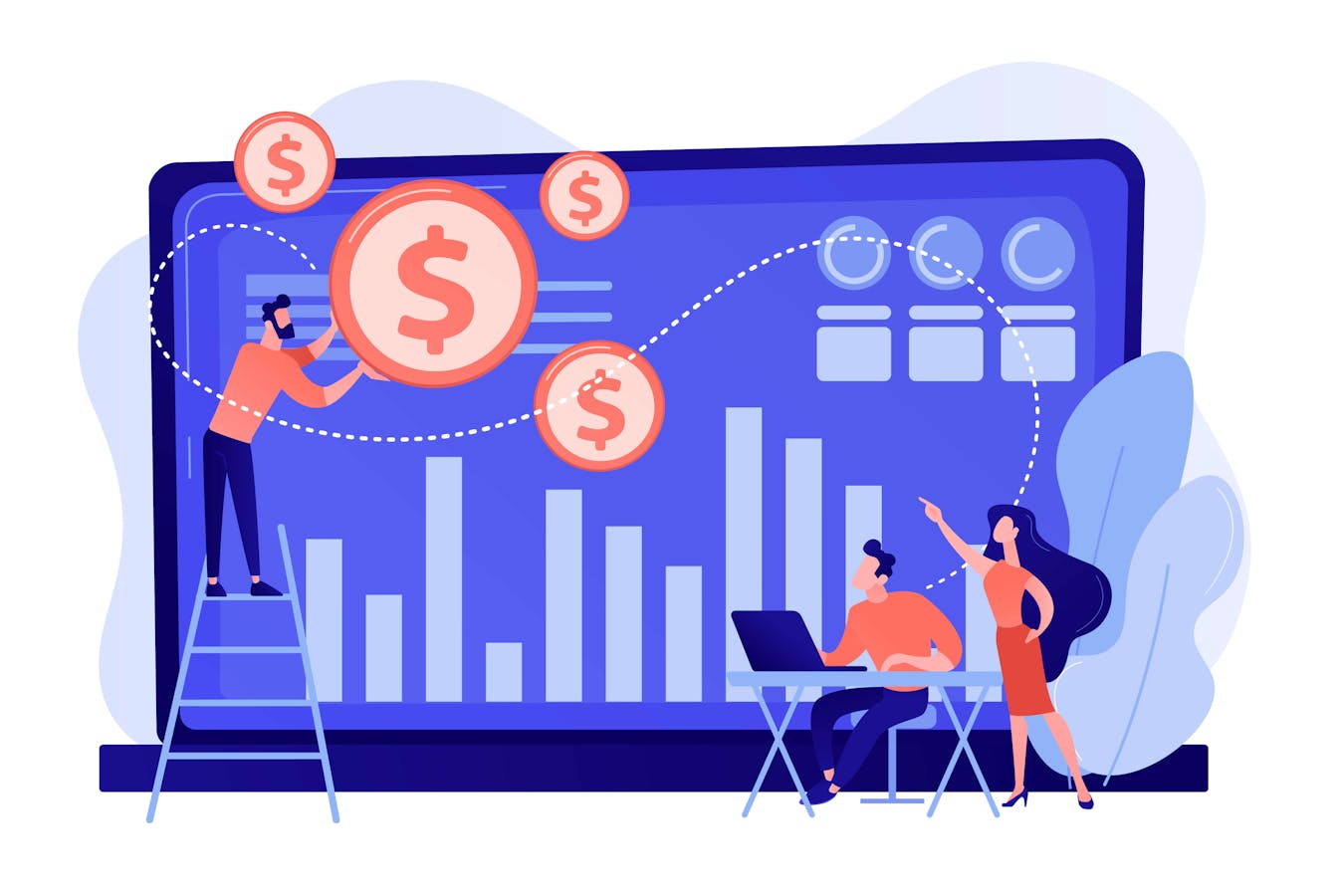Revenue management: the most crucial skill for any hotel, B&B or rental property
In this article, we explore the concept of revenue management and how your property can leverage this skillset to maximize room rates and bookings.

If you’re the owner or manager of a hotel or rental property, “generating revenue" is one of your absolute top priorities—so we’re going to help you generate as much of it as possible.
What is revenue management?
If you read Wikipedia's definitions of revenue management or yield management, you might be intimidated:
Revenue management is the application of disciplined analytics that predict consumer behavior at the micro-market levels and optimize product availability, leveraging price elasticity to maximize revenue growth and thereby, profit.
Yield management is a variable pricing strategy, based on understanding, anticipating and influencing consumer behavior in order to maximize revenue or profits from a fixed, time-limited resource (such as airline seats or hotel room reservations or advertising inventory)
Thankfully we use a much simpler definition:
Revenue management is managing the prices of your rooms.
More precisely, it means studying the market and updating prices based on demand at that exact moment. It means finding the balance of supply and demand and selling the rooms at the right price at the right time.
In economics, when there is limited supply of a product, its price will always increase with demand. This is simply because people are generally willing to pay higher prices for limited products in order to guarantee getting it ahead of everyone else.
Conversely, when demand for a product is low, it’s price will generally fall in order to ensure that it does eventually get sold—and isn’t left taking up space on shelves or in warehouses.
The same thing happens with rooms in hotels and B&Bs: increased booking requests allow you to raise prices, while fewer requests encourage you to lower them.
In times of high demand, you set the highest price guests are willing to spend for a room. During low demand, you set the lowest price you can afford while still making profit.
Why understanding revenue management is crucial
Because we can define it so simply, you might be thinking, “Hey, I’ve always done revenue management!”
While you’ve probably always had a fixed price list with pre-established room rates (based on the low or high season) true revenue management is more dynamic.
Imagine, for example, that in a low season your local area hosts a concert by an international artist; tens of thousands of fans buy tickets and are looking for rooms before and after the event.
However, there are limited rooms available in the area and they sell out quickly.
If, a few days before the concert, you have a room available and hundreds of people want to book it, it would be madness to sell at your usual low season price.
When it comes to booking the last available room, customers are willing to meet a much higher price. Now do you appreciate the importance of knowing how to "do revenue management"?
It allows you to massively increase margins on your rooms.
In our previous example, if you hadn't studied the market (and therefore noticed the upcoming concert) and had instead relied on your fixed price list, you would have sold the room but left money on the table.
The key thing when lowering rates is, of course, to make sure your price is always higher than your costs. If lowering the price further means making a loss on the room, it’s better to keep it unsold.
How to practice revenue management
There are three ways to manage your property’s prices. Let’s examine all 3 in detail.
DO IT YOURSELF
You know and understand your property (and market) better than anyone else. It’s natural to then think that you can do revenue management on your own, without investing money in tools or third parties.
In reality, effective revenue management does require a certain amount of knowledge and expertise—it can’t be improvised.
PROS: No financial investment
CONS: Very demanding in terms of time and energy. No guarantee of results.
HIRE A REVENUE MANAGER
A revenue manager is a professional whose entire role is in monitoring and managing the prices of hotels, B&Bs and rental properties.
Since they’re specialists in revenue management, you’re likely to generate consistently good results. However, not all revenue managers are created equal.
Some, especially if they have no mathematical or statistical background, can do more harm than good. And unfortunately, anyone who is highly qualified will come with a premium price tag.
Hotels often have to reach a certain large size in order to employ a revenue manager, even on a part-time basis. For smaller or boutique hotels, their skills are much harder to retain.
PROS: Good likelihood of results. Minimal time commitment.
CONS: High cost.
USE A REVENUE MANAGEMENT SOFTWARE
The third option is probably the most suitable for small-medium properties: using a revenue management software to automate most of the process on your behalf.
While using an RMS does require some input and oversight, it is significantly less onerous than doing everything manually. Even better, the cost of leasing software is far, far lower than that of a new employee or revenue management contractor.
PROS: Partial to full automation of price management. Accessible cost.
CONS: Minor time commitment from staff.
This article was a gentle introduction to using revenue management to increase the sale price of your rooms. If you're thinking of trying out a revenue management software, know that Smartpricing reduces the amount of time you need to spend on revenue, and historically, for its customers, the results matter!
It's easy to use and offers a high level of automation.
The software analyzes a vast amount of data and, drawing on advanced analytical technologies, adjusts room rates.
